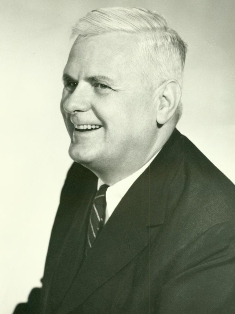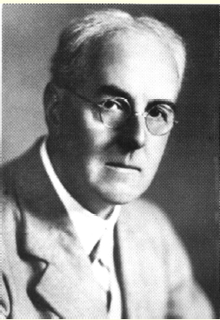A Quote by Alonzo Church
The only thing that might have annoyed some mathematicians was the presumption of assuming that maybe the axiom of choice could fail, and that we should look into contrary assumptions.
Related Quotes
Another advantage of a mathematical statement is that it is so definite that it might be definitely wrong; and if it is found to be wrong, there is a plenteous choice of amendments ready in the mathematicians' stock of formulae. Some verbal statements have not this merit; they are so vague that they could hardly be wrong, and are correspondingly useless.
There will be some fundamental assumptions which adherents of all the variant systems within the epoch unconsciously presuppose. Such assumptions appear so obvious that people do not know what they are assuming because no other way of putting things has ever occurred to them. With these assumptions a certain limited number of types of philosophic systems are possible, and this group of systems constitutes the philosophy of the epoch.
In my [Impossibility] theorem I'm assuming that the information is a ranking. Each voter can say of any two candidates, I prefer this one to this one. So then we have essentially a ranking. It's a list saying this is my first choice. This is my second choice. Each voter, in principle, could be asked to give that entire piece of information. In the ordinary Plurality Voting, say as used in electing Congressmen, we generally only ask for the first choice. But, in principle, we could ask for more choices.
When you are annoyed at someone's mistake, immediately look at yourself and reflect how you also fail; for example, in thinking that good equals money, or pleasure, or a bit of fame. By being mindful of this you'll quickly forget your anger, especially if you realize that the person was under stress, and could do little else. And, if you can, find a way to alleviate that stress.





































